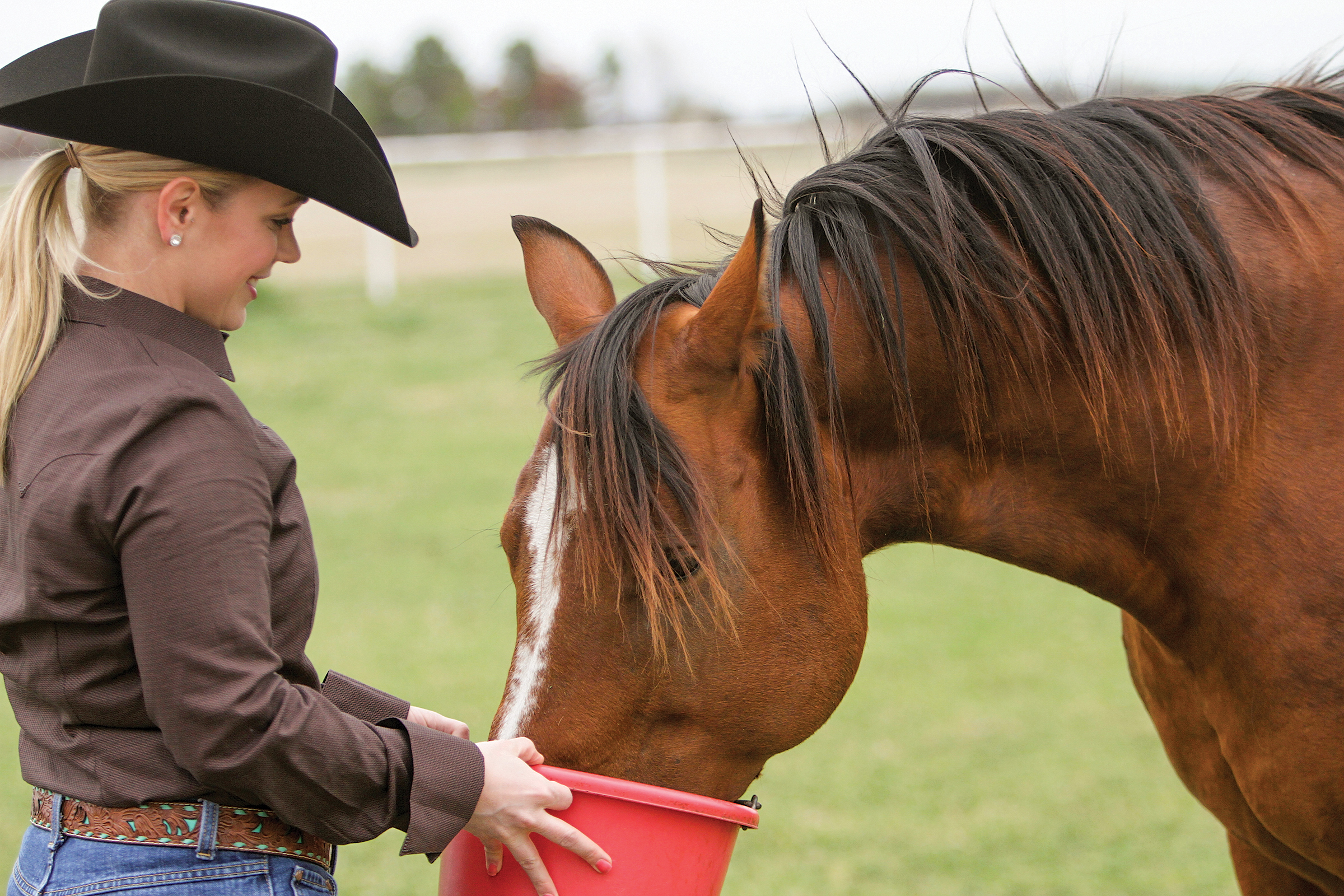
For this Q&A, we directed questions to David Turoff, DVM, owner of Foothill Mobile Veterinary Service in Placerville, California (foothillmobilevet.com), and board member with the Equitarian Initiative (helping working horses, donkeys, and mules worldwide; equitarianinitiative.org).
Why are there so many flies at horse facilities?
This may seem like an obvious question, but the reasons are important to the issue of fly control. Flies breed and proliferate wherever there’s warmth, moisture, and decaying organic matter. The species most at issue around horses in North America are the common house fly (Musca domestica), stable fly (Stomoxys calcitrans), and horn fly (Haematobia irritans).
Combining Fly-Control StrategiesLike all fly-control methods, IGRs aren’t 100-percent effective, so you should consider using passive traps and flypaper along with them. Pyrethrum sprays labeled for use on surfaces and on horses are also safe to use concurrently. IGRs shouldn’t be used at the same time as fly-predator wasps, however, because the IGRs will kill the developing wasps as well.
How can I control flies around my barn?
No one method will work alone, but the most important effort is to practice good facility hygiene to minimize damp bedding and manure. Other elements include passive fly traps and paper, the use of surface-applied poison sprays such as pyrethrum, fly-predator wasps distributed on breeding areas, and feed-through insect-growth regulators (IGRs).
What are IGRs?
Two are in common use, diflubenzuron and cyromazine. Both work by inhibiting the formation of chitin, the primary structural component of the cuticle (“skin”) of the fly larvae. Both have been shown to work well as long as the program begins at the start of fly season and the product is reliably given every day.
Examples…
…of feed-through fly-control products:
Solitude IGR, by Zoetis (zoetisus.com).
SimpliFly and Equitrol II, by Farnam (farnam.com).
…plus two natural, non-chemical products:
Buggzo, by Horse Tech (horsetech.com).
SmartBug-Off Pellets, by SmartPak (smartpak.com).
…the Editors
Are IGRs safe?
FDA safety studies showed no real potential for toxicity to any species other than insects, and there have been no documented reports of toxicity since, in the decades they’ve been in use. This makes sense, because only insects have chitin.
Do IGRs have any disadvantages?
They can be expensive, and they must be given individually to every horse every day. Also, they won’t prevent the development of flies breeding anywhere other than where horses deposit manure. IGRs may also kill dung beetles, which are partially responsible for biodegradation of manure, although there’s conflicting evidence about this. In any event, dung beetles are already killed by residual ivermectin (a commonly used dewormer) in horse manure.






